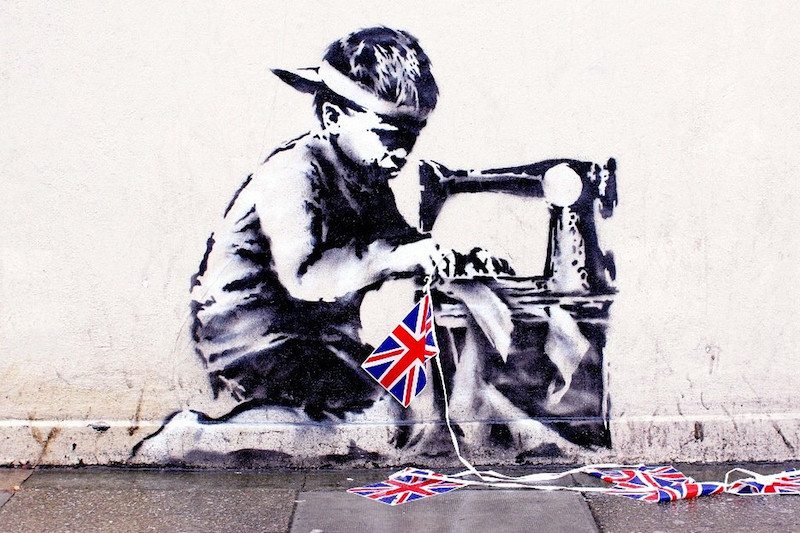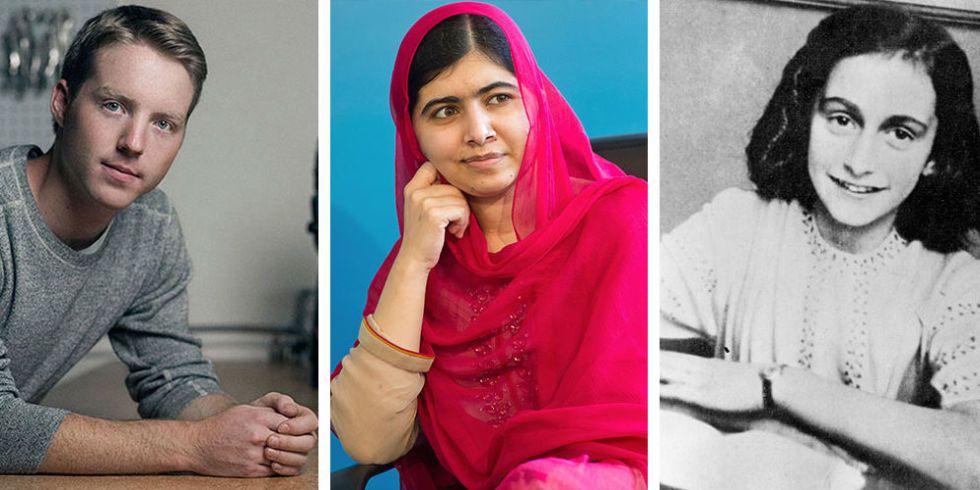Youth Action Pack

More of us getting involved in shaping our society is the best way to make it fairer for all, and bring us closer together. That’s what democracy is about.
But getting started isn’t always easy, so we want to give you a helping hand. If you’ve got questions, we’ve got answers…
Why does it matter?
#1. Nobody is more important than you.
Sometimes injustice or discrimination can make you feel insignificant.
Taking action and getting involved will help you recognise your importance, and can challenge the conditions that made you doubt it in the first place.
The thing to remember, always, is that you matter.
You can build your confidence through action – it’s sometimes hard but always worthwhile.
#2. Everyone can make a difference.
As the Ancient Greek mathematician and scientist Archimedes put it,
“Give me a lever and a place to stand and I will move the earth.”
Democracy can be both the place to stand and the lever: it can give every person the tools and the ability to participate.
You can make a difference – you simply need to work out which of your many tools and skills to use. So get started!
#3. Democracy needs people. It needs YOU.
Democracy comes from two Greek words, “demos” meaning “people”, and “kratos” meaning “power” or “rule”.
So democracy is basically “the rule of the people”.
It’s not “the rule of rich people”.
It’s not “the rule of people who went to Oxford or Cambridge University”.
It’s not “the rule of people over 40 years old”.
It’s just “the rule of the people”. That’s you. Jump in!
#4. You should act because you can change things.
Greta Thunberg – she needs no introduction, right? She started her campaign on her own when she was just 15, but she has inspired millions of people, and influenced political and business leaders around the world.
How?
Greta took action. We can all do that.
#5. Nobody is more important than you!
Yes, this is the same as #1 – but it’s worth repeating!
Where do I start?
#1. Learn about what you’re interested in
It’s fun, and it always pays to be prepared.
The internet is great, but don’t forget old-fashioned books! Your local library will have free internet access, books, and probably a helpful librarian.
#2. Talk to people
It’s often the best way to work out what you really think. Have conversations with friends and family, teachers or co-workers, anyone who might offer a different perspective or challenge your assumptions.
Listen as much as you speak, and really listen, don’t just use the time to think up your next killer argument.
#3. Identify solutions as well as problems
Positivity is easier and healthier to maintain, and it helps bring other people on board.
At 10 and 12 years old, sisters Melati and Isabel Wijsen decided they wanted to get rid of plastic bags where they lived.
Today, through their campaign Bye Bye Plastic Bags they have over 50 teams of young people in more than 30 countries around the world working towards the same goal.
How? They saw something that was wrong, proposed a solution, and worked hard to turn it into a reality.
Theirs is a great story because it’s a simple one. They found a way to tackle a problem with positivity and passion, and they kept at it. That’s all.
You can do that. What are you waiting for?
Do actions speak louder than words?
Often, yes, but never underestimate the power of words.
What’s important is that you do something instead of nothing.
Exercise your rights, join with others, and make sure you have fun along the way!
#1. Know your rights
In the UK, we have all sorts of rights. There are also specific rights for young people.
To make yourself heard, exercise your right to:
- Protest – here’s how to organise a protest.
- Free speech – here’s what it is and when it can and can’t be restricted.
- Vote – register to vote and find elections in your area.
- Petition – whether printed or digital. Every e-petition with 10,000 signatures gets a government response, and 100,000 signatures means it could be debated in Parliament.
A few more ideas on how to exercise your rights:
- BBC Bitesize video on democratic participation
- The UK Parliament’s Get Involved section
- The government’s own Get Involved page
- This guide from the Equality Trust has loads of suggestions on how to contact decision-makers and influencers
#2. Join with others
When you do Step 1 from our Where Do I Start section above, you will come across other people and groups who care about the same things as you. Seek them out, either online or in person, and find a way to join your voice with theirs.
There really is strength in numbers.
#3. Be creative
Find ways to keep yourself interested and you will be more likely to gain the interest of others.
Banksy uses his art to get involved with issues he cares about…

George the Poet started a podcast…

Young people around the globe have used social media, music, letter-writing, blogging, inventing, starting businesses, farming, and much, much more to try to improve their world. Here’s a list of 40 of the most influential young trailblazers across the world.

Combine your passion with your mission and people will notice you.
Can I really change anything?
Yes!
Believe in yourself.
If you know something is worth fighting for, or fighting against, trust that feeling (and then look at the Where Do I Start section).
As soon as you choose to act, you are changing things.
It’s your democracy. It’s your world. You can make it better.
Can we help? If you have any questions about how you can get involved in the issues you care about, we’d love you to get in touch.
